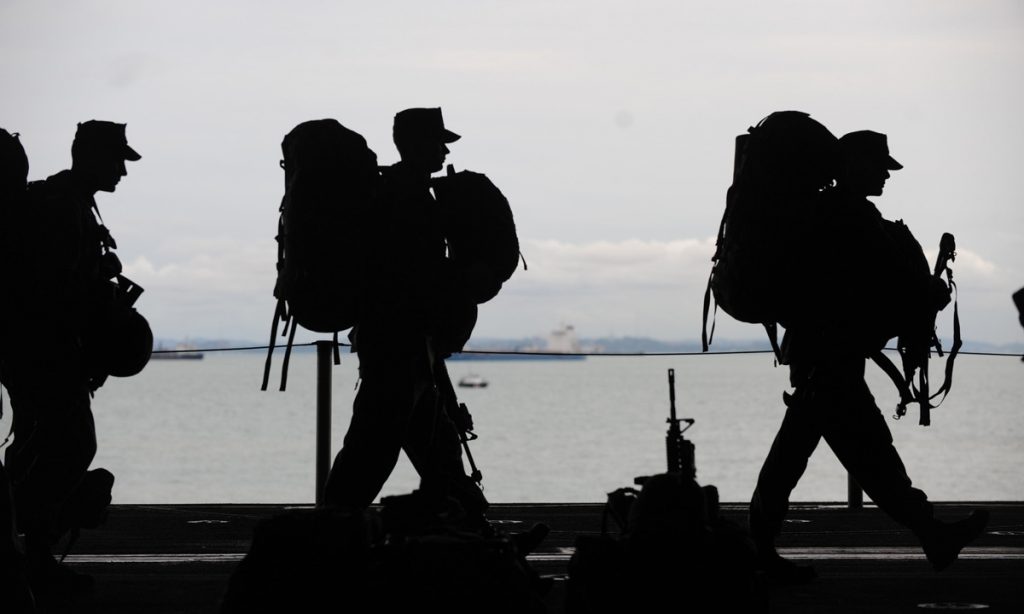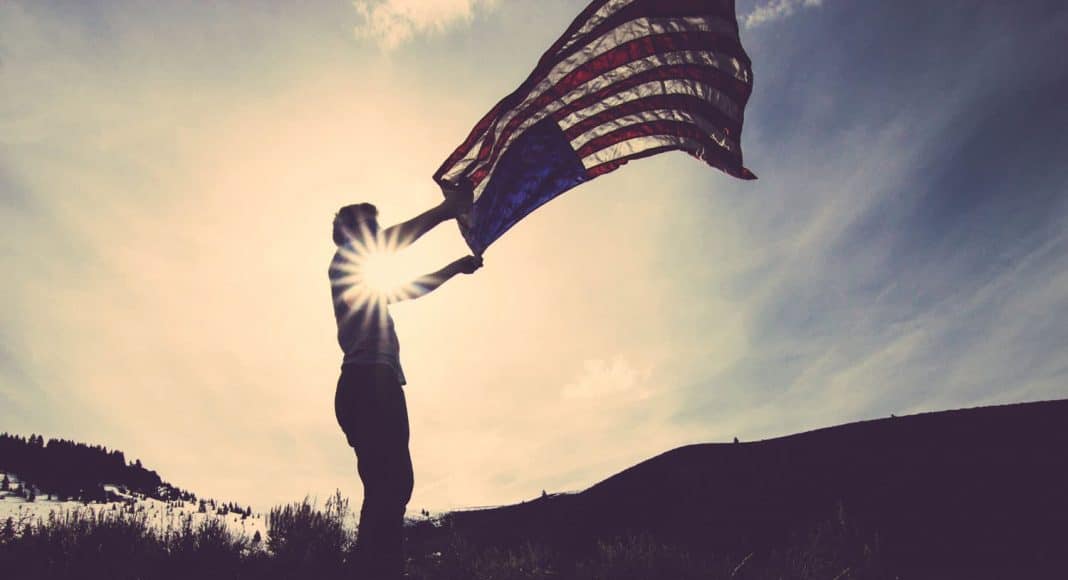Researchers have been questioning whether or not marijuana can relieve the overactive fear system of PTSD sufferers and studies seem to point to yes.
Cannabis use among veterans with post-traumatic stress disorder (PTSD) has been on the rise since the early 2000s. As more studies and research are conducted on the connection between cannabis and relieving symptoms of PTSD, it is safe to say that veterans have been onto something, at least when it comes to reducing fear and the recurrence of negative flashbacks.
We all have a fear system. That is, when we encounter something scary, our heart may race at a heightened pace, we might clench our fist and other muscles might tighten or contract. But once that fear passes, our heart rate returns to a normal rate and our muscles go back to a relaxed state. We go back to doing whatever it was before fear crept in.
Unfortunately, those suffering from PTSD have a fear system that is almost constantly in overdrive. The previously mentioned symptoms of encountering something scary never really stop; they come and go as they are triggered. Researchers have been questioning whether or not marijuana can relieve this overactive fear system and studies seem to point to yes.
RELATED: New Study Reinforces Marijuana’s Power To Treat PTSD

Dr. Kerry Ressler of Emory University says that in recent years, researchers have been examining and studying the effects of THC (the psychoactive compound in marijuana) on traumatized mice. He concluded that most of these mice appeared “less anxious, more calm,” due to THC’s powerful impact on soothing the nervous system.
RELATED: Former VA Official Admits Medical Marijuana Could Save Veterans
Another study conducted by researchers at the National Institute on Alcohol Abuse and Alcoholism revealed that people who received THC during extinction therapy saw long lasting reductions in anxiety. Extinction therapy is a session that coaches and trains the brain to stop reacting to something that once triggered a fearful response.
While this study concluded that THC works best when it is given immediately after exposure to trauma, it still has proven to be effective even when combined with other forms of therapy.


